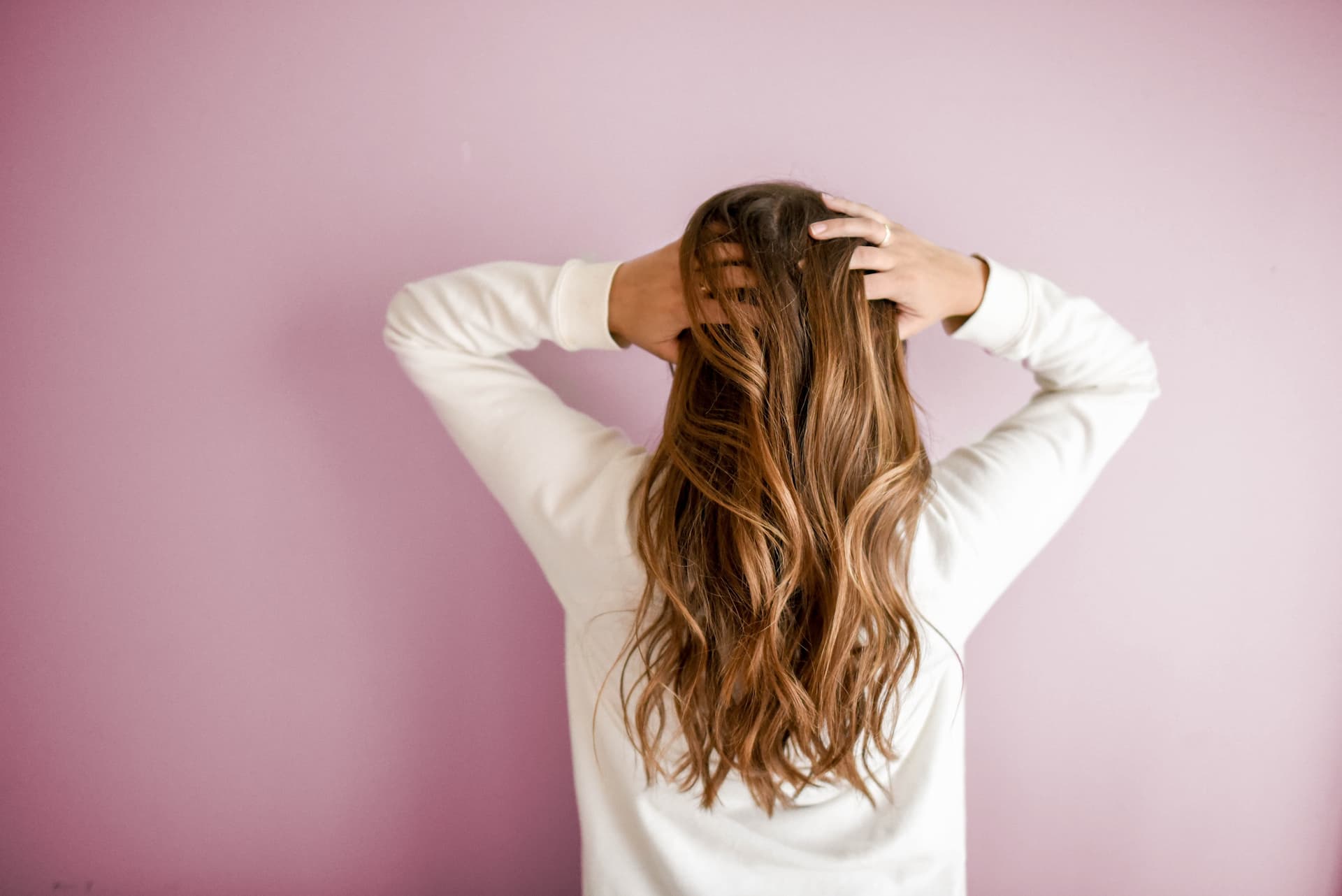Dr Joanna Silver discusses trichotillomania in The Independent
It’s estimated that one in 50 people live with trichotillomania, a form of obsessive-compulsive disorder (OCD) characterised by the pulling of body hair, either the scalp, eyelashes and eyebrows.
Dr Joanna Silver, therapist and counselling psychologist at Nightingale Hospital, recently spoke about the condition in a piece for The Independent.
Trichotillomania, also known as trich, is when someone cannot resist the urge to pull out their hair. It can occur in people of all ages but is more common in children and young adults.
It has been widely acknowledged that the COVID-19 pandemic has prompted a national mental health crisis.
The sheer disruption to people’s everyday lives and the anxiety surrounding the unknown has made it particularly difficult for people, especially ones with pre-existing mental health conditions.
Dr Silver explained that for people managing compulsive behaviours, such as trichotillomania, such a change in routine can disrupt the strategies people have in place to manage their conditions, and cause a relapse.
She also explained that trichotillomania can be, for some sufferers, a self-soothing technique. Sufferers with the condition may turn to hair-pulling in times of stress and discomfort.
“The cause of this is usually not some great trauma. It can be a form of self-soothing – for a lot of people it’s relaxing, so it makes sense that people return to it if it’s a way of comforting themselves at a time of anxiety,” she explains.
The article also features tips from Dr Joanna Silver and Louise Watson (therapist), to stop hair pulling.
Seven tips to stop your hair pulling problems
- Recognise the problem
- Keep a log of the time of day you pull, including what you were doing or feeling beforehand, and note down any triggers. Were you relaxing watching TV, or stressed while dealing with a work project?
- Find strategies to cope with your triggers, such as making a change in your routine or using fidget toys to keep your hands busy.
- Plan ahead: if you know you have a stressful or boring day in front of you, think about how you’ll beat the urge to pull.
- Confide in your loved ones, so they can gently remind you to stop if you start pulling unconsciously.
- Consider finding a specialist therapist who can offer acceptance and commitment therapy.
- Accept you will have blips and setbacks. Accept them when they happen and move forward.
You can read the full article on The Independent website, written by Hannah Fearne.
Get help for trichotillomania or hair-pulling from Nightingale Hospital by submitting an enquiry below.







